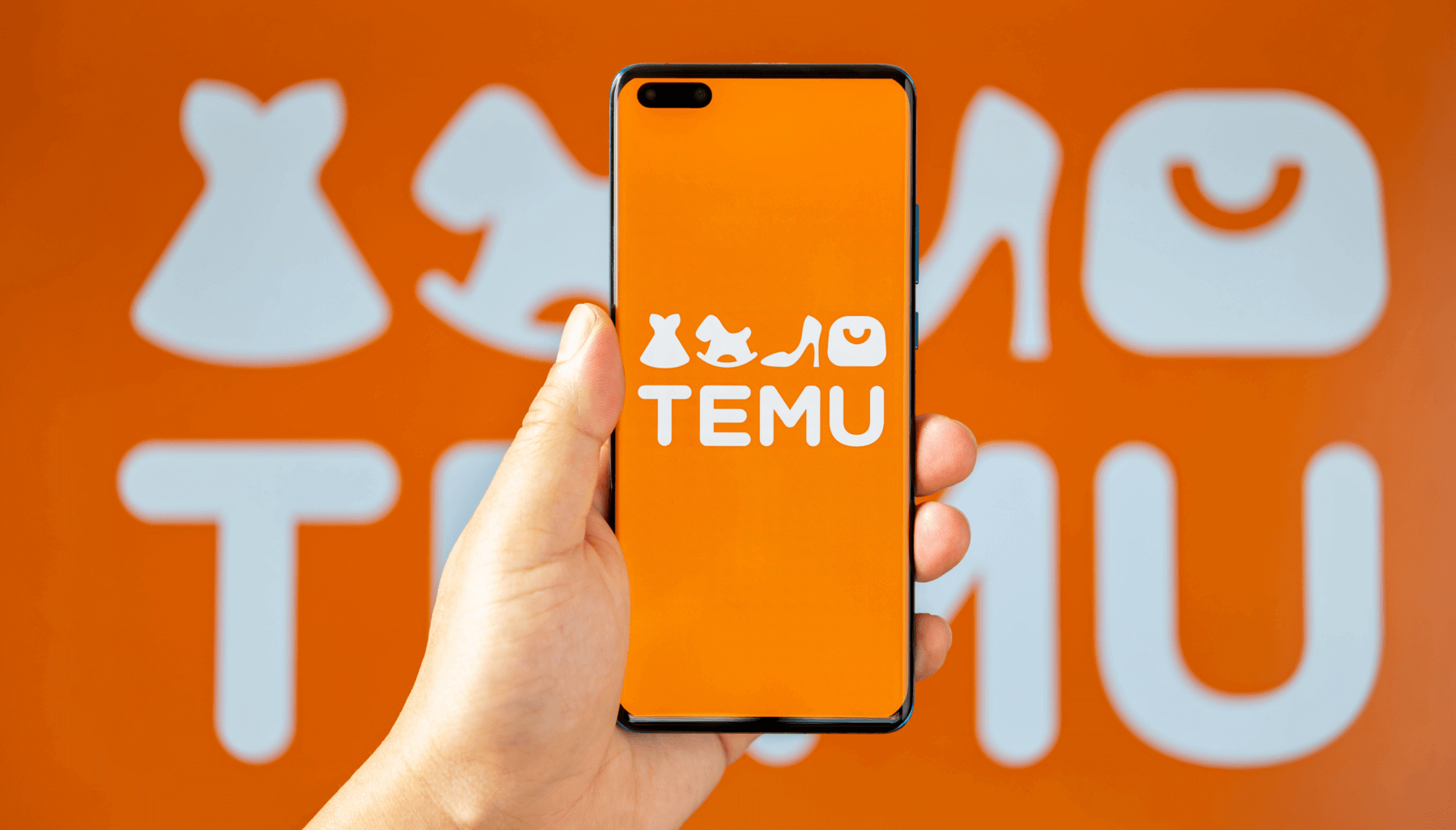Nigeria’s eCommerce market has a new heavyweight contender shaking things up. Temu, the Chinese shopping platform owned by PDD Holdings, has captured the attention of Nigerian consumers. With an aggressive marketing strategy, affordable products, and an intuitive shopping experience, Temu has surged to the top of the charts on both Google Play Store and Apple App Store. Its bold entry into the Nigerian market challenges established players like Jumia and Konga.
Why Temu is Dominating Nigerian App Stores
Temu’s rise to the top of Nigeria’s app charts is nothing short of phenomenal. With over 500 million downloads globally on Android, the app is outperforming even local favorites like WhatsApp, OPay, and emerging platforms like Bammby.
What’s driving this explosive growth? Temu’s success lies in its marketing muscle. In 2023, the company spent a jaw-dropping $1.3 billion on Meta ads, marking a 1,000% increase from the previous year. Most of this budget went to social media, saturating platforms with visually appealing ads promising unbeatable prices and discounts.
To further cement its brand, Temu invested in high-profile events like the Super Bowl, airing multimillion-dollar ads that positioned it as a global eCommerce leader. For Nigerian consumers constantly on the hunt for value, this relentless advertising push is impossible to ignore.
Why Nigeria?
Temu’s entry into Nigeria was not by accident, it’s a calculated play. The country’s unique blend of demographics, economic conditions, and digital trends make it an ideal market for a platform like Temu.
Here’s why Nigeria is a prime target:
- Nigeria is home to over 200 million people, many of whom are young, tech-savvy, and increasingly comfortable shopping online.
- Nigeria’s inflation and weakening currency have reduced the purchasing power of many consumers. As people search for affordable shopping options, Temu’s low-cost products stand out as an attractive solution.
- Nigeria’s eCommerce industry, valued at $12 billion in 2019, is projected to hit $75 billion by 2025. The widespread access to digital payment systems has made online transactions easier and safer.
What Makes Temu Stand Out

Temu has a unique edge over its competitors, with high-quality products at low prices.
Here’s what Temu offers Nigerian shoppers:
- Direct-to-Consumer Model: Temu bypasses traditional middlemen to reduce costs. This approach allows Temu to offer products at prices comparable to wholesale rates. This makes Temu difficult for competitors to challenge.
- Incredible Discounts: Flash sales, time-sensitive coupons, and exclusive offers are core to Temu’s strategy. These tactics Temu’s creates a sense of urgency, encouraging shoppers to buy immediately. Nigerians love a good bargain, and Temu knows how to deliver.
- Massive Product Variety: Temu offers an expansive product catalog that appeals to a broad audience, competing with global giants like Amazon.
- User-Friendly App: Temu’s app is designed with simplicity in mind. First-time users find it easy to navigate, search for products, and make purchases. This user-friendly interface has been a critical factor in converting curious app visitors into loyal shoppers.
The Impact on Nigeria’s eCommerce Market
The ripple effects of Temu’s entry are already being felt across Nigeria’s eCommerce industry. Here’s how it’s impacting the market:
- Competitive Pressure
Local platforms like Jumia and Konga are already grappling with profitability issues. Temu’s aggressive pricing and marketing push them further into a corner, forcing them to innovate or risk losing market share.
Instagram and WhatsApp vendors, who rely on personal imports and small-scale operations, face an uphill battle. Temu’s direct-to-consumer model and low prices make it difficult for these sellers to stay competitive.
- Opportunities for Growth
Despite the disruption, Temu’s presence could stimulate the Nigerian eCommerce ecosystem by driving innovation and improving logistics infrastructure. It also encourages more Nigerians to explore online shopping, contributing to market expansion.
Challenges Temu Must Overcome
No success story is without its hurdles, and Temu’s journey in Nigeria will not be an exception. Here are some of the key challenges the platform must address:
- Logistics Issues
Nigeria’s logistics infrastructure is notoriously inefficient. Delivery delays and high transportation costs could hurt Temu’s reputation for reliability.
Delivery delays and high transportation costs are common problems in Nigeria. Navigating these challenges while maintaining low prices could test Temu’s resolve.
- Customer Service Expectations
Nigerian shoppers prioritize good service. Missed delivery timelines or unresolved disputes could damage Temu’s reputation. The platform must ensure it delivers on its promises to build a loyal customer base.
- Trust Issues
Skepticism toward online platforms remains high among Nigerians, driven by past experiences with scams and substandard products. To succeed, Temu must go above and beyond to assure customers of product quality, secure payments, and reliable service.
Temu vs. the Competitors
Temu’s arrival signals tough times ahead for its competitors. Temu’s deep pockets and willingness to spend heavily on marketing give it an edge. Local players like Jumia and Konga may need to adapt quickly by improving their offerings, delivery services, or focusing on niche markets. Even sellers who dominate platforms like WhatsApp may also face a serious challenge.
What Lies Ahead for Temu in Nigeria?
Temu’s success in Nigeria will depend on more than just its current momentum.
However, it’s long-term growth hinges on its ability to:
- Solve logistics challenges to ensure reliable deliveries.
- Maintain its reputation for affordability.
- Deliver high-quality products and superior customer service.
- Build trust with Nigerian consumers through transparency and consistent performance.
If it can achieve this, Temu could cement its position as a dominant force in Africa’s growing eCommerce Space.
For consumers, Temu’s arrival introduces more options, better prices, and the convenience of global shopping, all from the comfort of their homes.
For local competitors, the message is clear: step up or risk falling behind. It’s a wake-up call, urging them to rethink strategies and prioritize customer satisfaction to stay competitive and deliver more value.














